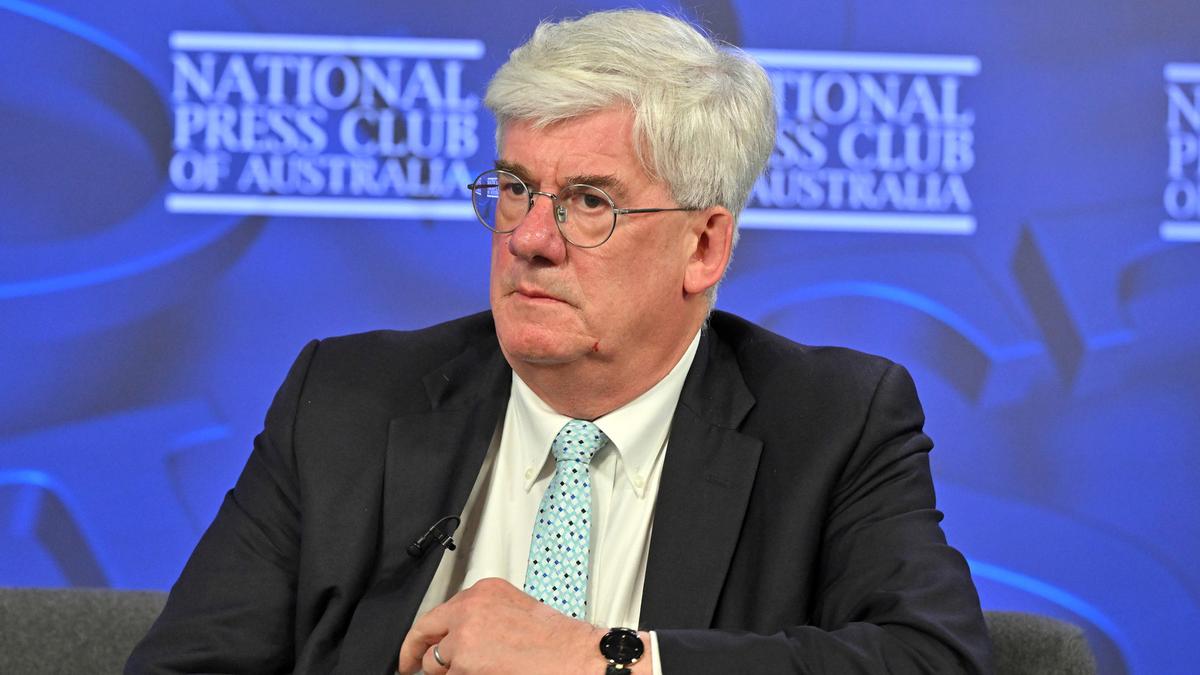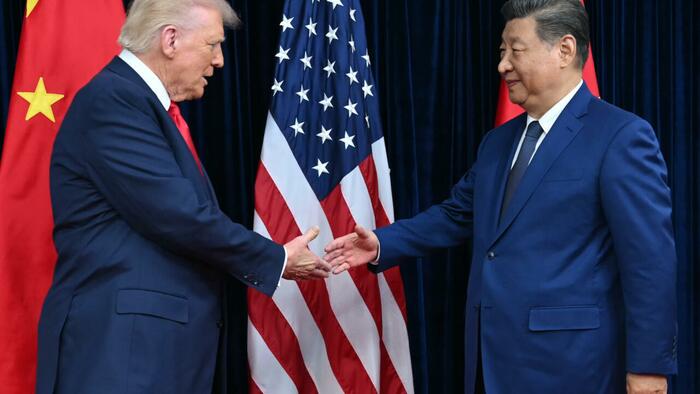Copyright thewest

Esteemed economist Saul Eslake has launched a formidable crusade against what he calls “the worst public policy decision of the 21st century”: the 2018 reform of the GST distribution. His argument is clear and numerically stark, the deal costs the Federal budget billions, a fiscal black hole created at the behest of a single, wealthy State. But this narrative, compelling as it is, fundamentally misreads the economic reality. It views the reform through the narrow lens of a budget line item, ignoring the far greater economic distortion it was designed to fix. The GST deal was not a craven political handout; it was a long overdue and necessary repair to a system that was actively punishing Australia’s economic engine room. As a long-term business and community leader in WA, I have witnessed first-hand how a strong State economy underpins every sector. When our GST share is cut, it doesn’t just affect government services, it ripples through the entire economy. Less infrastructure funding means fewer regional airport upgrades, delayed tourist road projects, and reduced destination marketing, directly hitting tourism, hospitality and hotels while ultimately impacting every small business owner, worker, and family that depends on our State’s economic vitality. For years, our system of fiscal federalism operated under a bizarre and counter-productive logic. It created a perverse incentive where the more a State like Western Australia developed its economy, invested in productive capacity, and grew the national export pie, the more its GST share was slashed as a penalty. At its worst point, WA was receiving back just 30 cents for every dollar of its population-based share precisely because it was so successful. This is not a recipe for a dynamic federation; it is a formula for mediocrity. It discourages States from taking risks, from developing their natural advantages, and from making the hard choices that lead to economic growth. The 2018 reform, by introducing a GST floor, began to dismantle this punitive logic. It sent a clear signal, growth will be rewarded, not punished. Critics like Mr Eslake dismiss the idea that WA “needs” the money, pointing out that mining companies often fund their own infrastructure. This misses the forest for the trees. The issue is not about who pays for a specific railway line, it is about the fiscal stability of the State Government itself. Resource-dependent economies are notoriously volatile. Relying on commodity prices for revenue is like building your house on shifting sands. The GST floor acts as a crucial shock absorber. It provides the fiscal certainty needed for long-term planning of schools, hospitals, and essential services. More importantly, it reduces the sovereign risk for the massive, multi-decade resource projects that are the bedrock of Australia’s prosperity. Global investors pour billions into WA, and they do so with more confidence knowing the State Government has a stable fiscal foundation. Far from being a policy disaster, the GST deal was a pragmatic, necessary, and profitable investment in Australia’s economic future. And let’s be clear: this is not just a parochial WA issue. When WA’s resources sector thrives, all of Australia benefits. The numbers are staggering: with just 11 per cent of Australia’s population, WA generated $235b in goods exports in 2024, a remarkable 45 per cent of the nation’s total merchandise exports. The state’s per capita economic output of $155,644 dwarfs the national average of $99,128. The old system created a conflict between WA’s interests and the national interest. The new system finally aligns them, ensuring that incentives for state growth contribute directly to the nation’s bottom line. This brings us to the central charge: the cost to the Federal budget. Yes, the deal comes with a significant price tag, a point Mr Eslake correctly identifies. But to label this a “cost” and nothing more is an accounting trick, not sound economic analysis. It is an investment. You do not call upgrading the engine in your most profitable delivery truck a “cost”, you call it an investment in future earnings. The money directed to the GST deal is an investment in the stability and productivity of the State that generates half of Australia’s export income. The returns are not found on the same page of the budget ledger, they are found in higher national income, stronger exports, greater corporate tax receipts, and the long-term economic security that a world-leading resources sector provides. These returns will, over time, dwarf the initial outlay. Far from being a policy disaster, the GST deal was a pragmatic, necessary, and profitable investment in Australia’s economic future. It fixed a broken system and ensured our nation’s economic engine has the stability it needs to keep running for decades to come. Bradley Woods is the CEO of the Australian Hotels Association (WA) and Chair of WA’s state convention bureau, Business Events Perth.



